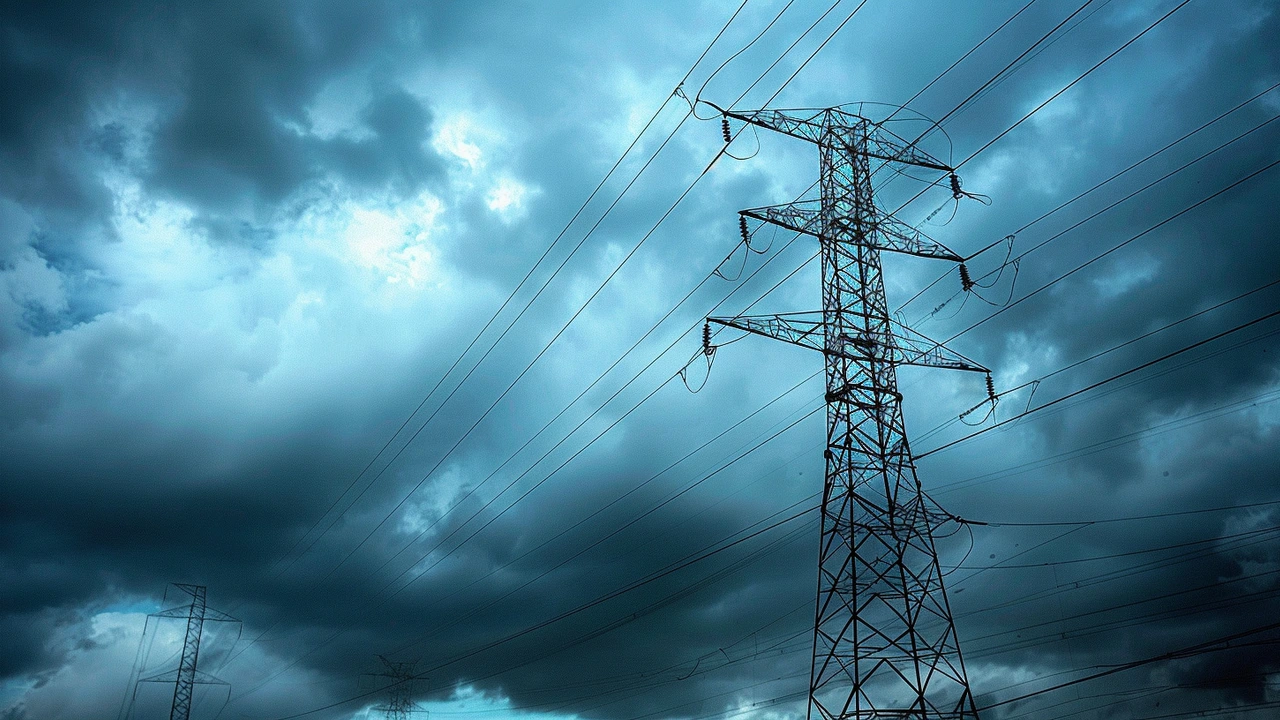Power cuts seem like a part of life for too many folks across Africa, from packed cities to remote game farms. The electricity grid—often patched together, aging, or just overloaded—struggles to keep the lights on. When power goes out, everything stops: businesses lose money, students can’t study, and food spoils fast in sweltering heat.
It’s not just about comfort. Unreliable electricity hits game farms and conservation projects hard. You can’t run a water pump for wildlife or keep surveillance gear working without steady power. When a blackout rolls through, animal care grinds to a halt. Some farm owners are switching to solar and wind—cleaner, but the upfront cost keeps it out of reach for many.
So what’s the deal? The grid in most countries isn’t just old—it’s often built for a much smaller population. Since the early 2000s, city growth has exploded, but investment hasn’t kept pace. That means too many people draw from a system not meant for the load. Add in lack of maintenance, frequent cable theft, and tough weather, and the grid buckles under pressure.
Countries like South Africa have become well-known for scheduled load-shedding. Locals keep flashlights close and memorize outage timetables. Game reserves in big safari regions have to get creative, running diesel generators or hybrid systems to keep tourist lodges running. But diesel isn’t cheap, and trucks carrying fuel are easy targets for thieves.
Then there’s the renewable push. Solar, hydro, and even mini wind farms are popping up. Projects in Kenya, Morocco, and South Africa get attention—offering a glimpse at how cleaner energy could reshape the grid. On paper, renewables are a no-brainer for off-grid farms and village clinics, slashing bills and cutting emissions. But in practice, connecting these to the main grid or scaling up brings its own headaches: storage is tricky, and politics sometimes slow progress to a crawl.
So what’s next? Expect more pilot projects, stubborn outages, and creative hacks to keep things running. When a mailman can’t deliver because there’s no power at the post office, or a reserve turns to solar batteries just to refrigerate vaccines, you get a real sense of why the electricity grid matters. And it’s not just engineers paying attention—shop owners, parents, and wildlife rangers are all in on the conversation, pushing for changes that make a difference where it counts the most.
Check back for the latest stories, tips, and real-world solutions as African Game Farms Daily News tracks everything happening on and off the grid. Whether you want updates on government action, local fixes, or renewables reshaping small towns, you’ll find what matters right here.

City Power in Johannesburg has initiated 'load reduction' in densely populated areas to avert a potential power grid collapse. Triggered by critical electricity consumption levels, this measure aims to protect the urban power systems by reducing supply during peak periods and cutting electricity to geysers. This move differs from Eskom's 'load shedding' and is crucial for conserving the safety and integrity of the power network.
Read More >>